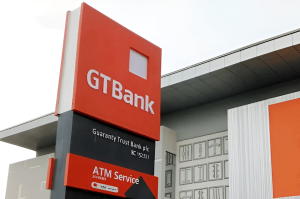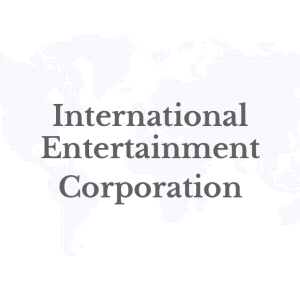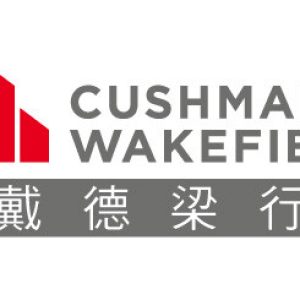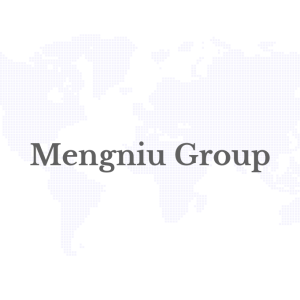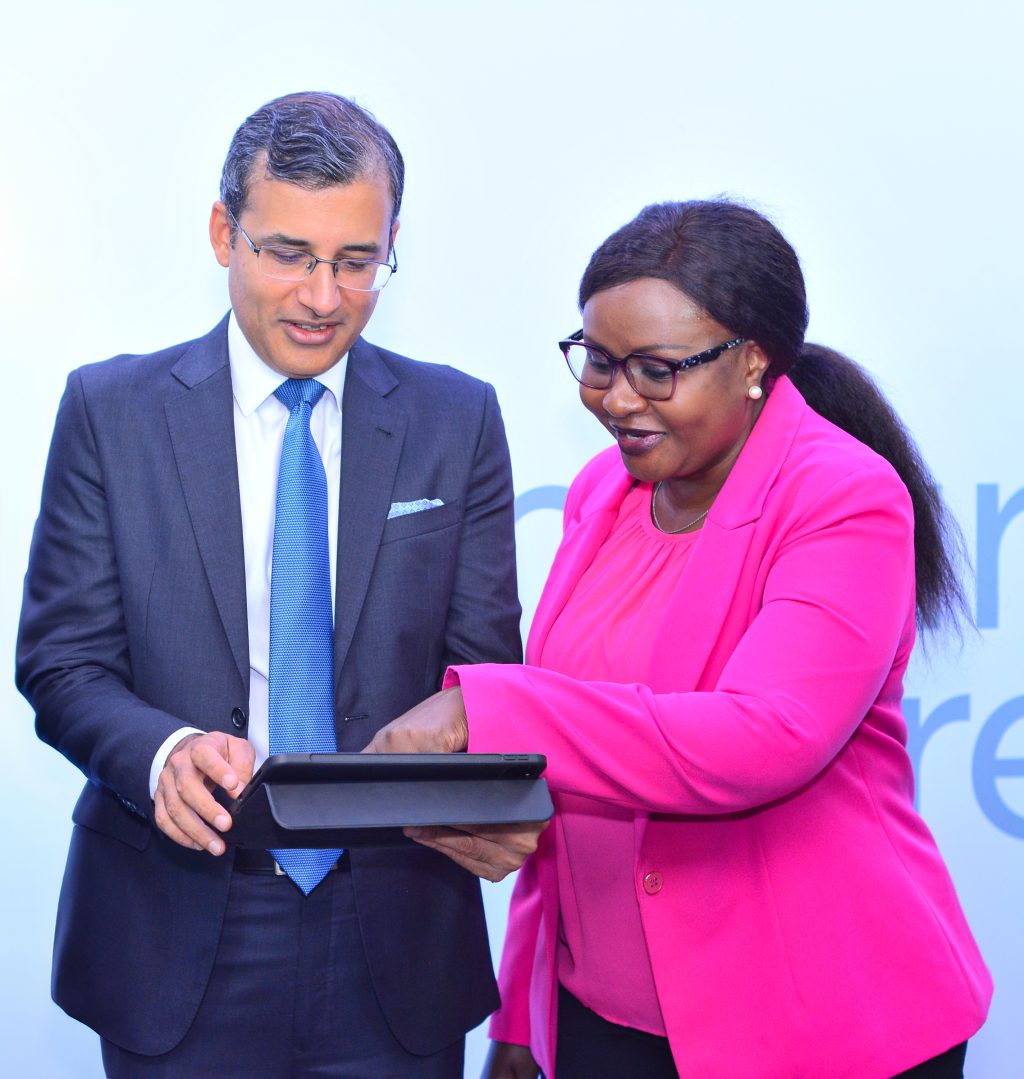
Standard Chartered Chief Investment Officer of Africa, Middle East and Europe, Manpreet Gill and Head of Wealth & Retail Banking Kenya and East Africa, Edith Chumba during the Bank’s H2 2025 Global Market Outlook, released by its Global Chief Investment Office.
- Standard Chartered:Weak Dollar to Unlock Opportunities in Emerging Markets and Global Equities;
- US dollar to weaken over the next 6 to 12 months.
Standard Chartered announced its Global Market Outlook for the second half of 2025, projecting a constructive but volatile environment for investors worldwide.
The Bank sees significant implications for emerging markets investors including Africa, driven by expectations of a softer US dollar, resilient global equity markets and improving prospects for emerging-market assets.
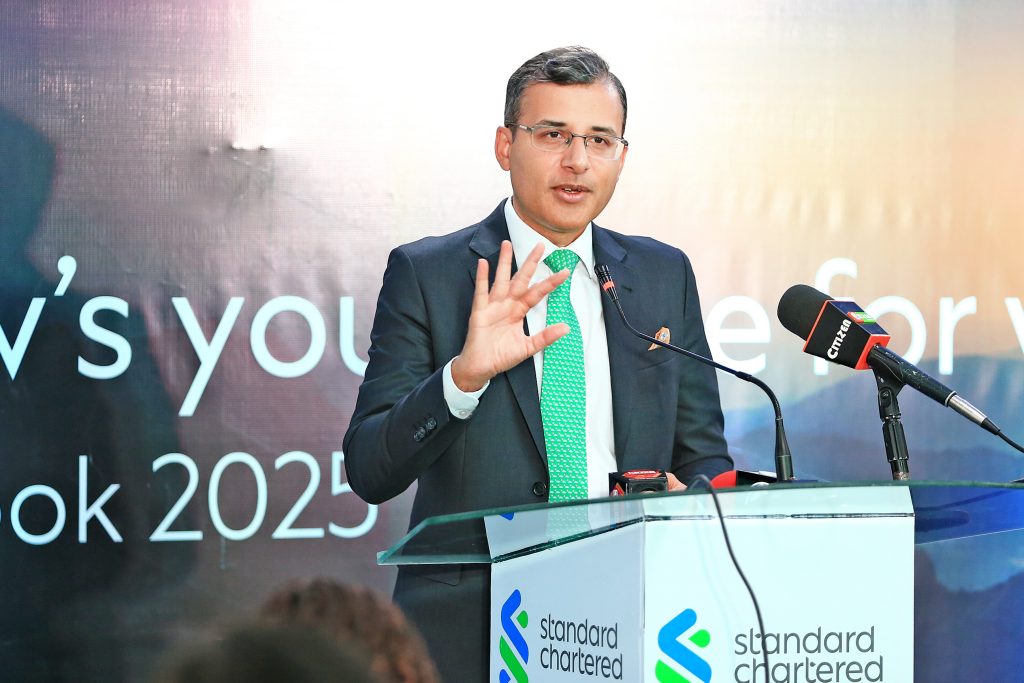
The report highlights that Global macro conditions remain mixed. In the United States, growth continues to be supported by resilient consumption and fiscal stimulus, though trade and policy uncertainty may temper momentum in the second half of the year.
 In Europe, fiscal easing increasingly offers support, but structural challenges persist while China’s outlook is stabilising on the back of targeted stimulus and improving retail activity. Meanwhile, growth in India and ASEAN is expected to remain well-supported.
In Europe, fiscal easing increasingly offers support, but structural challenges persist while China’s outlook is stabilising on the back of targeted stimulus and improving retail activity. Meanwhile, growth in India and ASEAN is expected to remain well-supported.

Against this backdrop, the report outlines an investment strategy reflecting evolving risks and opportunities. We expect the US dollar to weaken over the next 6 to 12 months and have accordingly upgraded Asia (ex-Japan) equities and Emerging Market (EM) local-currency bonds to Overweight. Global equities also remain an Overweight position across portfolios, supported by healthy earnings, easing trade tensions, and controlled inflation (so far).
 Based on the report, as global markets transition into a new phase, emerging markets investors are well-positioned to capitalise on emerging opportunities. A weaker dollar historically supports returns across risk assets, particularly in emerging markets, which have long been core components of regional portfolios.
Based on the report, as global markets transition into a new phase, emerging markets investors are well-positioned to capitalise on emerging opportunities. A weaker dollar historically supports returns across risk assets, particularly in emerging markets, which have long been core components of regional portfolios.

Manpreet Gill, Chief Investment Officer of Africa, Middle East and Europe, Standard Chartered said: “This outlook underscores a critical moment for investors in the region.
As the global environment adjusts to weak dollar dynamics, shifting trade policies, and diverging central bank actions, investors in the emerging markets have an opportunity to reposition portfolios with greater international diversification.
Asset classes such as emerging market bonds and equities across major regions (including non-US equities) are well-placed to help investors navigate volatility, capture income, and enhance portfolio resilience in today’s shifting landscape.”
In line with these themes, the report maintains a preference for USD-denominated bonds in the 5–7-year maturity range, citing them as the most attractive in terms of risk-adjusted returns, particularly as yields begin to ease from current levels.
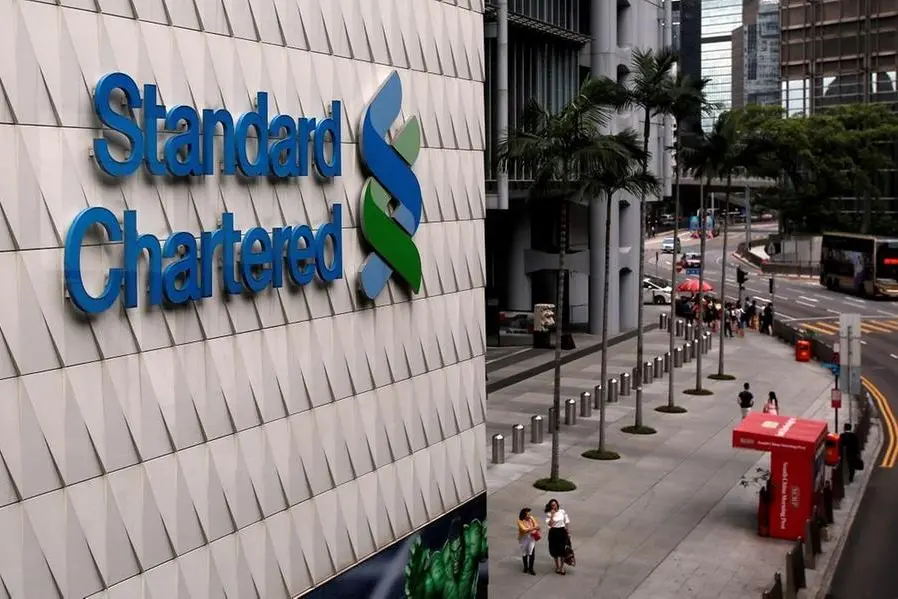 Meanwhile, Developed Market Investment Grade corporate bonds have been downgraded to Underweight due to tight yield premiums and slower inflows.
Meanwhile, Developed Market Investment Grade corporate bonds have been downgraded to Underweight due to tight yield premiums and slower inflows.
Alternative investments are also in focus, with the Bank highlighting gold as a core allocation, supported by strong central bank demand and its role as a diversifier when bonds offer less downside protection.




